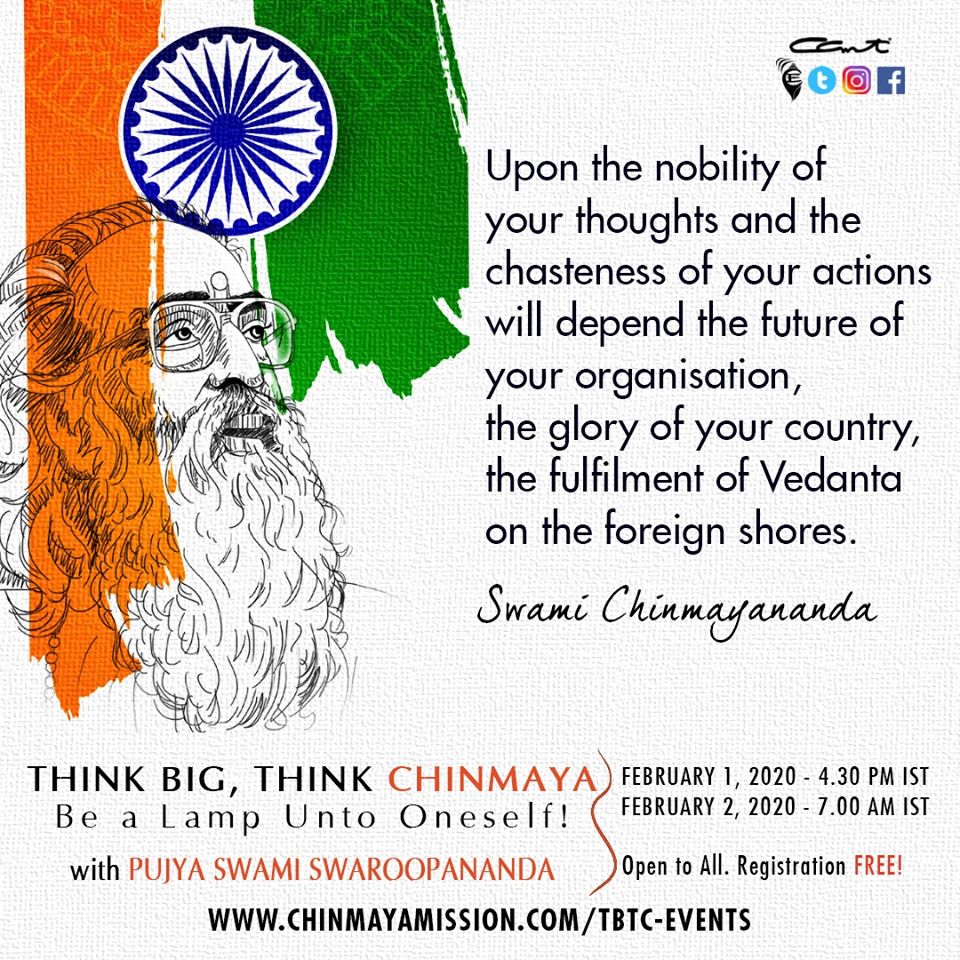Ancient Culture ( Samskaram ) of Bharatham-5.4. : Swami Krishnananda.
----------------------------------------------------------------------------------
#Opinion : Wednesday, March 17, 2021. 09 : 25. AM. 2341.
Chapter- 5. Introduction to the Epics - 4.
-----------------------------------------------------------------------------------
The work of introducing the spirit of true culture, spirituality and religion, bringing it down to the earth, to the streets and the marketplace, to the fields and the shops, was attempted by experts like the writers of our great epics, especially the Ramayana and the Mahabharata. The Ramayana and the Mahabharata are known as stories of something that happened years back. In the same way as there are wrong notions of religion and spirituality and moksha, there are wrong notions about the intention behind the Ramayana and Mahabharata epics. These epics were not written merely to tell you some stories. They are not Aesop’s or Grimm’s fairy tales. They are a modus operandi of telling you the very same truth that has been more precisely and scientifically laid down in the Vedas, the Upanishads, and the Smritis.
The Srutis and the Smritis are difficult because they are down to the earth and mathematically pinpointed in their teachings. In mathematics there is no story and there is no emotion in working out calculations of equations, etc., yet it rules the world, as you know. Mathematics is an exact science. Logic is also an exact science. So logic and mathematics, as it were, became the foundations of a precise way of thinking which is at the back of the Veda Samhitas, the Srutis or the Smritis. But we are not always logicians and mathematicians, and exact, precise, calculated thinking is not accessible to every mind everywhere. So the epics tell us in a more satisfying and considerate way what the groundings of the Vedas and the Smritis are by telling us what happened in this connection in ancient times, in historical days. There was the time of Rama, and there was the time of the Pandavas and the Kauravas during the time of Bhagavan Sri Krishna.
We do not merely want to understand things; we also wish to see these things that we are understanding. Calculus is very clear indeed, and the intellect, the reason, is able to appreciate it, but the heart has a reason which the reason does not know, as they say. Sometimes the heart is saying something which the intellect does not say. The intellect accepts everything that is logically presented, but the heart has some problem with the logically acceptable truth because it wants a peculiar kind of satisfaction which only the emotion can understand.
Spiritual seekers, students of culture in the practical aspect of it, should also be a little bit of psychologists. It is not that you are mugging up something that is told to you in textbooks or told to you in colleges by your teachers and professors. It is necessary for you to also know what you are seeking as a student in a college or university. When you try to find out what it is that you require, you must know something about yourself. “I go to the college. I study.” What for? “I need something.” What are your needs? For that you must know something about yourself. Any good cultural student or educationist should be a good psychologist also. You have to know something about your mind, and when you go into the depths of these needs of your personality, you will realise that your emotions are as strong as your intellect, and their needs are as important and urgent as your intellectual requirements. Intellectual education is as important as emotional education, and vice versa, emotional education is as important as intellectual education. The Vedas and Srutis, and the Smritis to which we made reference up to this time, spoke principally to the intellectual and rational side of human nature, not so much the emotional side. The emotion has to be paid sufficient attention, and this work has been attempted by the Ramayana and Mahabharata epics, and some of the Puranas.
To be continued ....
=========================================================================









Comments
Post a Comment